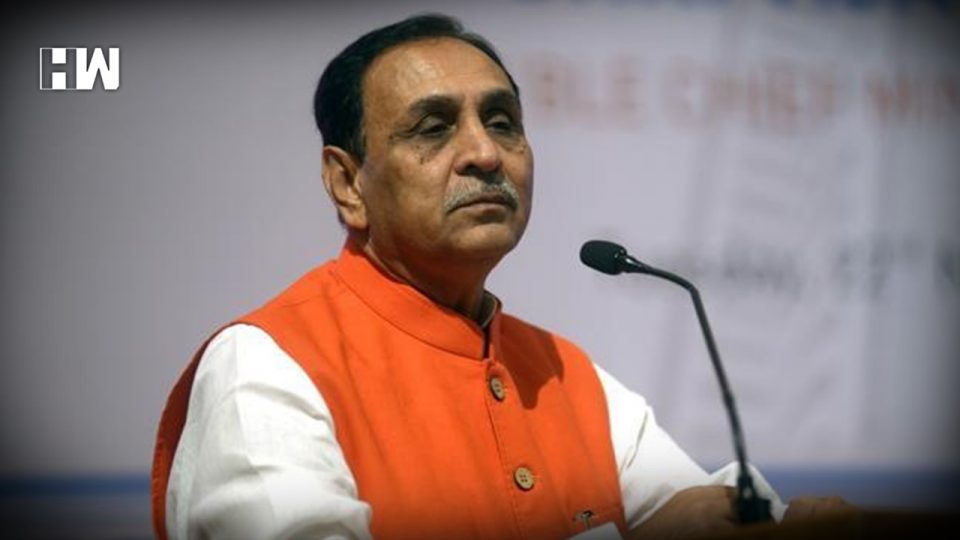Ahmedabad | The Gujarat government has said those who have settled in the state after 1978 will not get the benefit of 10 per cent reservation for the economically weaker sections (EWS) in the general category.
The move is apparently aimed at giving preference to Gujaratis in education and jobs and protecting their interests.
However, the opposition Congress and people from other states, who have made Gujarat their home, have opposed the state government over the move.
The Gujarat government became the first state in the country to implement 10 per cent reservation in state government jobs and education for the economically weaker sections (EWS) in the general category.
To qualify for the newly-introduced 10 per cent reservation in general category, the state government on Wednesday announced that the family of the quota beneficiary should have been residing in the state since 1978.
Since the new rule would impact thousands of youths from other states settled in Gujarat, particularly from Hindi-speaking states, their apex organisation decided to make a representation to authorities.
Mahesh Singh Kushwah, president of Uttar Bharatiya Vikas Parishad, said it is an “injustice” to exclude those who have been living in Gujarat since four decades.
“Forty one years is a very long period. Many who came before 1978 might have already died. This is an injustice to us. What about those who came here and settled permanently 20, 30 or even 40 years back? Why they have they not been included? This criterion should be 10 years,” said Kushwah.
“We will discuss this issue among ourselves and make a representation to the state government seeking relaxation in this new rule,” he added.
Gujarat Congress spokesperson Manish Doshi said there was no need to introduce this criterion as the domicile rule is already in place, wherein a person qualifies to be a domicile of the state if he is either born here or has been living for over 10 years.
“There was no need to change the original quota law passed by the Centre. Perhaps, this is a tactic by the state government to deprive the beneficiaries. Since the domicile rule is already in place, there was no need to introduce this new rule, which asks for over 40 years of residency,” said Doshi.
Gujarat Deputy Chief Minister Nitin Patel on Wednesday had announced two rules for the implementation of EWS quota in the state.
He had said the family of the beneficiary should be residing in the state from before 1978 to qualify for the quota benefits in government jobs and educational institutions.
In addition, Patel had said the government will only consider Rs 8 lakh annual income cap and not take into account land and house ownership criteria for providing 10 per cent reservation to candidates from EWS in the general category.
The state government will not consider aspects like agricultural landholding or house ownership while deciding the qualification for the 10 per cent reservation as long as the beneficiary’s family income is less than Rs 8 lakh a year, Patel had said in a statement after the cabinet meet.
In addition, it was announced that 33 per cent seats for women will be reserved within the 10 per cent EWS quota for the general category.
The decisions were taken at the cabinet meeting and a notification regarding the same will be issued soon, it said.
“The government has decided to consider only one aspect of family income of less than Rs 8 lakh as the eligibility criterion for candidates from a general category to qualify for the 10 per cent EWS quota,” Patel had said.
The Centre has set annual income of less than Rs 8 lakh along with criteria such as the family owning less than five acre farm land and having less than 1,000 sq feet house in a town or 100 sq yard house in the notified municipal area for availing the EWS reservation benefits.
The BJP-ruled Gujarat was the first state to announce the implementation of the 10 per cent EWS quota from January 14 soon after it became a law.
As an independent media platform, we do not take advertisements from governments and corporate houses. It is you, our readers, who have supported us on our journey to do honest and unbiased journalism. Please contribute, so that we can continue to do the same in future.

